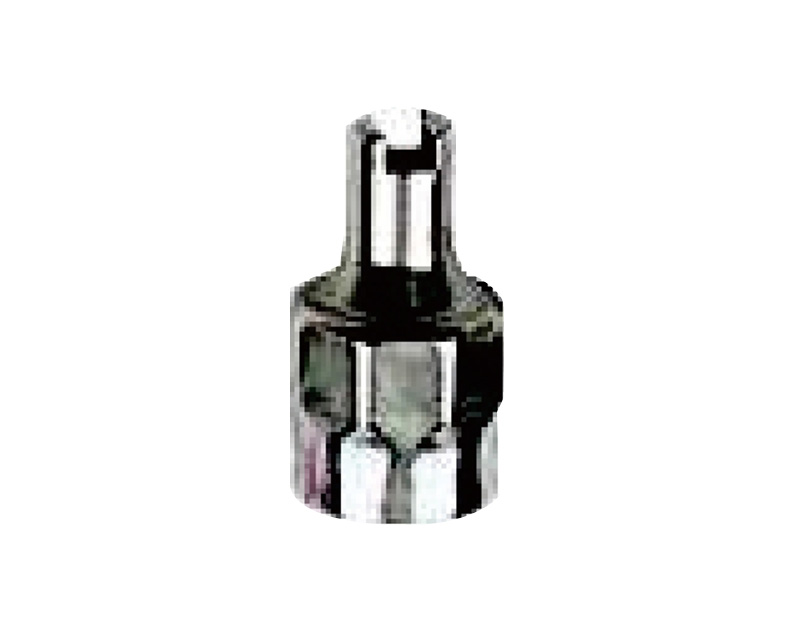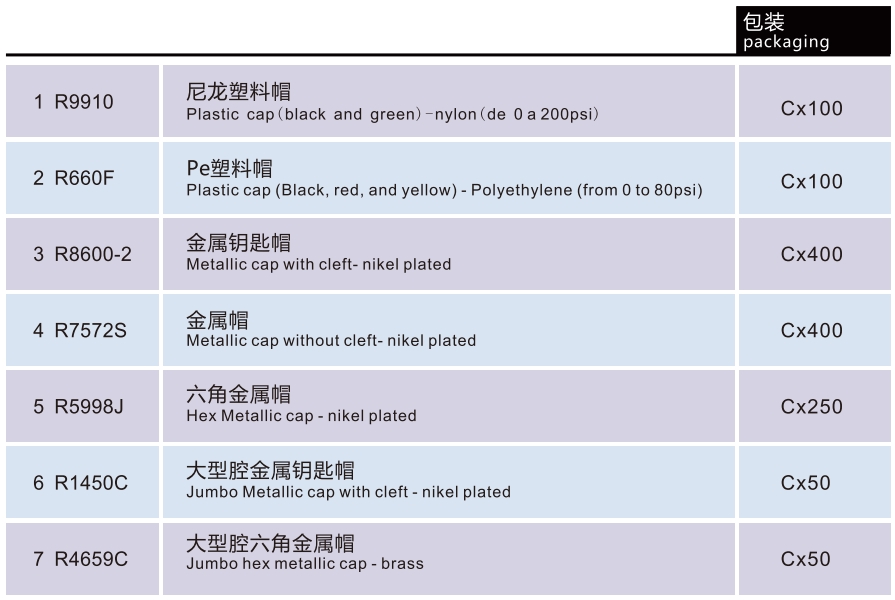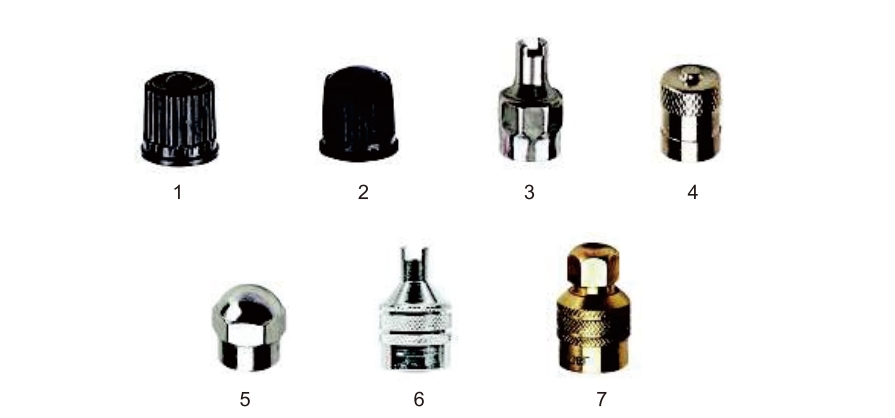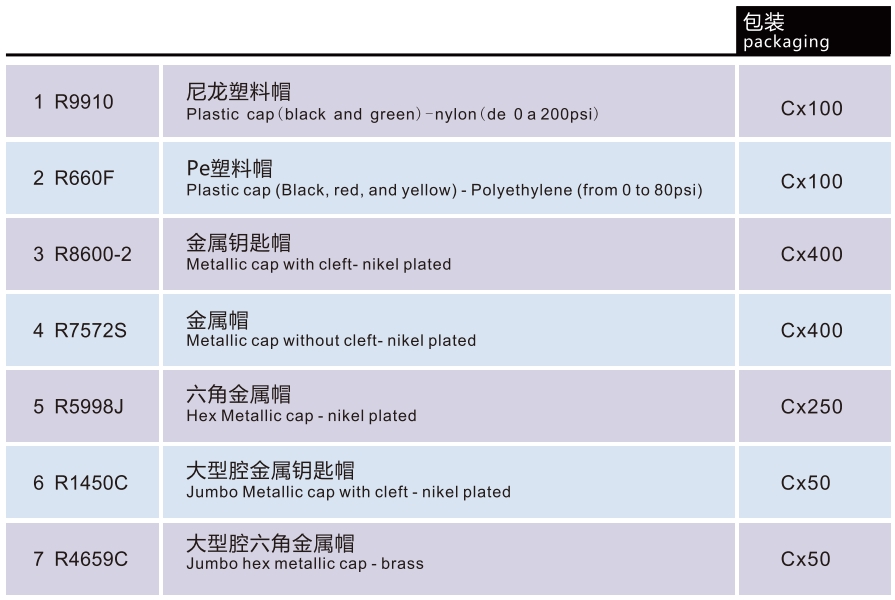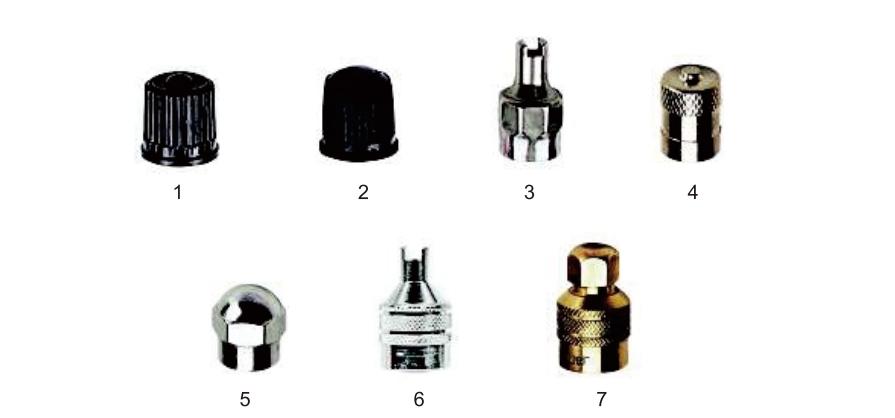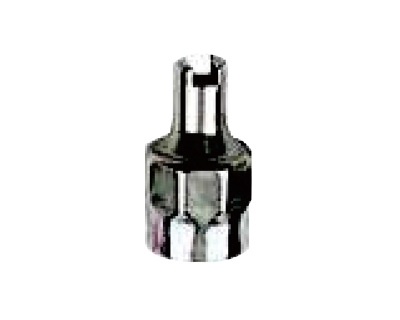
R8600-2
Valve Cap: Characteristics & Applications
A fundamental accessory for valves, the valve cap serves as a protective and functional component to safeguard valve internals and ensure system reliability. Below is a detailed breakdown of its role, core characteristics, and practical applications.
Valve cap is a common valve accessory mainly used to protect the internal components of the valve from external influences and contamination. Valve caps are usually made of materials such as metal, plastic, or rubber, and have characteristics such as corrosion resistance, high temperature resistance, and wear resistance. The main function of the valve cap is to seal the valve, prevent leakage, and also prevent the valve from being accidentally opened or damaged.
Widely Used Application Scenarios
Applicable Valve Types
Valve caps are widely used in various types of valves to match different valve structures and functions:
Industrial Field Applications
In the industrial sector, valve caps play a key role in ensuring pipeline safety and process stability, with wide applications in:
They are mainly used for pipeline connections, flow regulation, pressure control, and other core links, effectively preventing external contamination and internal leakage to maintain stable industrial production.
Customization Capability
Valve caps can be customized according to specific needs to meet different working environments and requirements. Customizable parameters include material selection (e.g., stainless steel for corrosion resistance, high-temperature alloy for heat resistance), dimensional specifications (matching different valve models), and shape design (adapting to limited installation spaces).
Core Characteristics
Corrosion Prevention
Usually made of special materials (such as stainless steel, engineering plastic, or rubber with anti-corrosion additives), it has excellent corrosion resistance. This allows long-term use in harsh working environments (e.g., acidic/alkaline media, salt spray) without material degradation.
High Temperature Resistance
Special material valve caps (e.g., high-temperature alloy, ceramic composite materials) exhibit outstanding high-temperature resistance. They can work safely and stably in high-temperature scenarios (such as thermal power plant pipelines, chemical reaction kettles) without deformation or sealing failure.
Wear Resistance
The surface of the valve cap undergoes special treatments (such as electroplating, coating, or polishing), forming a wear-resistant layer. This reduces friction damage during installation, disassembly, and long-term use, significantly extending its service life.
Good Sealing Performance
Designed and manufactured in strict accordance with industrial standards, with precise dimensional control and optimized sealing structures (e.g., O-ring gaskets, threaded sealing). It can effectively prevent media leakage and external dust/water ingress, ensuring valve reliability.
Protective Function
As a key protective component, it shields the valve's internal components (such as valve cores, stems, and sealing rings) from external impacts, scratches, and contamination. At the same time, it prevents accidental opening of the valve, avoiding safety hazards caused by misoperation.
